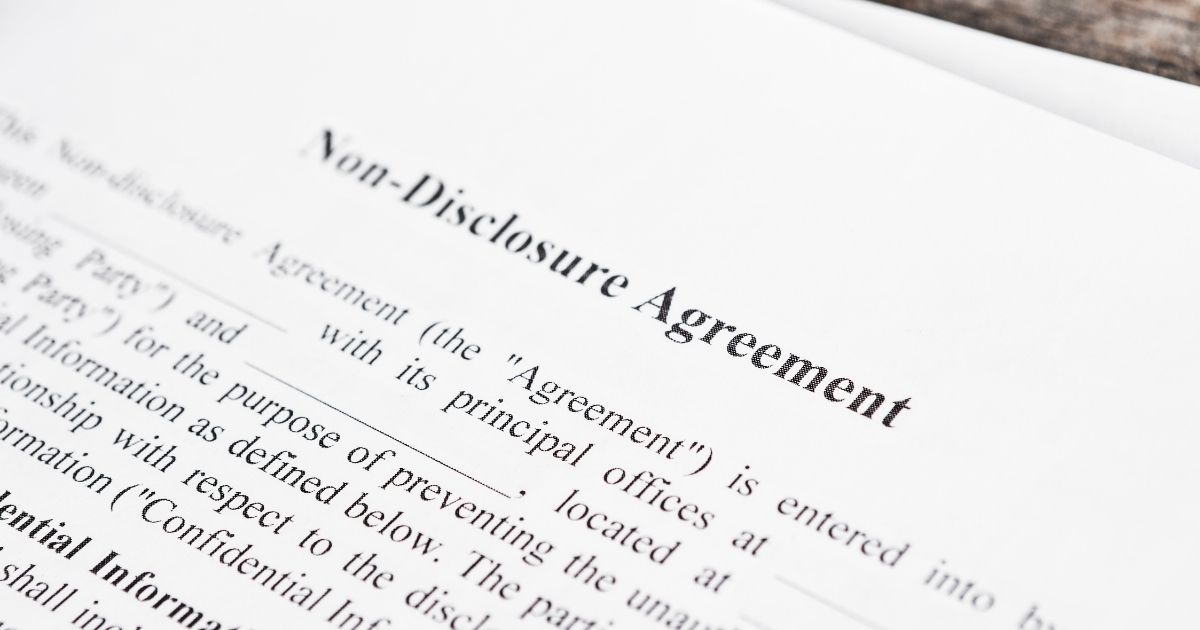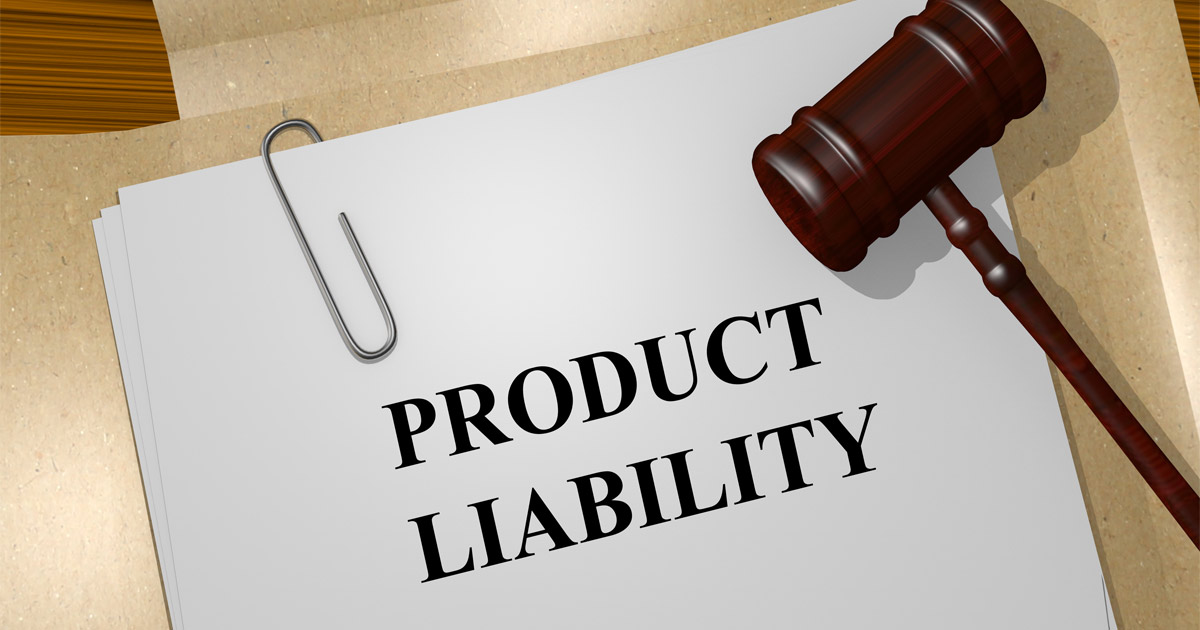FTC Votes to Ban Non-Competes

In an unprecedented move, the Federal Trade Commission (FTC) has voted to ban non-compete agreements in most situations. This decision marks a significant shift in employment and contract law, which could have wide-reaching implications for business owners across the United States, including those operating within Philadelphia.
Non-compete agreements have long been a tool for businesses to protect their interests. These agreements typically prevent employees from joining competitors or starting competing businesses within a certain period after leaving a company. However, the FTC’s recent decision challenges the traditional use of non-competes, arguing that they stifle competition, hinder innovation, and limit workers’ mobility and earning potential.
The FTC’s ruling broadly prohibits using non-compete clauses in most employment contracts. This means that employers will no longer be able to include these clauses in new hires’ contracts and must also eliminate them from existing agreements. The decision is rooted in the belief that such restrictions limit employees’ job prospects and contribute to wage stagnation.
The FTC’s Decision: A Crucial Consideration for Philadelphia Business Owners
For Philadelphia business owners, the FTC’s decision necessitates reassessing how they protect their business interests and proprietary information. With the traditional non-compete agreement off the table, businesses need to explore alternative strategies. These might include:
- Strengthening confidentiality agreements.
- Utilizing non-disclosure agreements (NDAs) more effectively.
- Focusing on non-solicit agreements that prevent former employees from poaching clients or colleagues.
Business owners must understand that while the landscape changes, there are still viable means to safeguard their business. The key lies in adapting to the new legal framework without compromising on protecting business assets.
Navigating the Changes
Adapting to this significant change requires a nuanced understanding of legal and practical implications. Business owners should consider the following steps:
- Conducting a thorough review of existing employment contracts is imperative. This step is crucial to identify and amend non-compete clauses that now fall outside legal bounds. Business owners should work closely with legal experts to ensure this process is comprehensive and fully compliant with the FTC’s ruling.
- Consultation with a knowledgeable business law firm becomes indispensable. Legal counsel can offer invaluable insights into the ban’s implications for your industry and business model. They can also suggest robust alternatives to non-compete agreements, such as enhanced confidentiality agreements, non-disclosure agreements, and non-solicit clauses. These tools can serve as effective safeguards for your proprietary information and client relationships in the absence of non-competes.
- Developing new strategies will involve retraining your focus toward creating a workplace environment that incentivizes loyalty and reduces turnover. Consider implementing measures such as career development opportunities, competitive compensation packages, and fostering a positive company culture. These initiatives can make your company a more attractive workplace, thereby naturally discouraging employees from leaving to work with competitors.
The ban on non-competes signals a major shift in how businesses will operate and protect their interests in the future. While the change may seem daunting initially, it also presents an opportunity for businesses to innovate and find new ways to maintain competitiveness and secure proprietary information.
Our Philadelphia Business Lawyers at Sidkoff, Pincus & Green P.C. Will Help Your Company Stay Compliant
The FTC’s decision to ban non-compete agreements represents a landmark change in employment and business law. For business owners in Philadelphia, staying ahead means understanding the implications of this decision and swiftly adapting to the new legal landscape. It will be essential for businesses to explore alternative ways to protect their interests while complying with the new rules. Speak with our Philadelphia business lawyers at Sidkoff, Pincus & Green P.C. about how we can help you. Contact us online or call us at 215-574-0600 to schedule a consultation. Located in Philadelphia, we serve clients in Pennsylvania and New Jersey, including South Jersey.






















